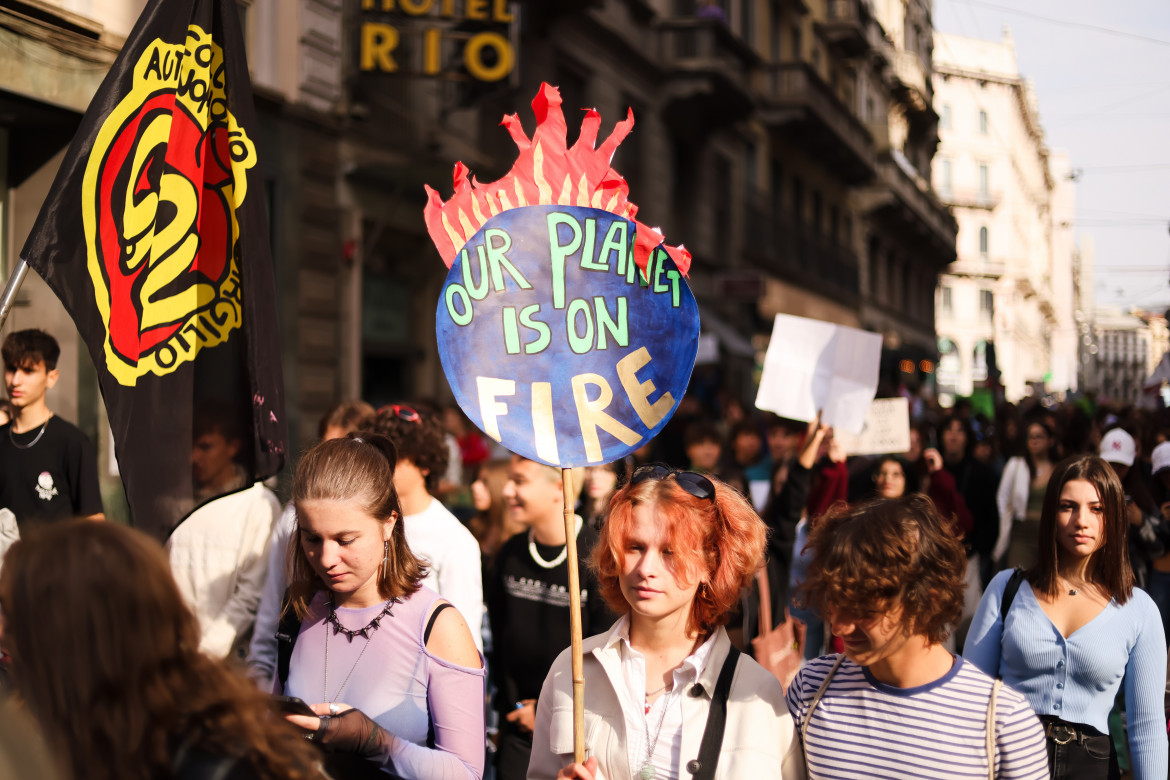Analysis
Southern Italy faces drought on the ‘climate frontier’
Slow Food has sounded the alarm about a phenomenon few are paying attention to: the barren ears of durum wheat, the result of a reduction in water availability in the root area of the soil.

According to the latest estimates from the Italian National Research Council’s Drought Observatory, “in the spring quarter, Sicily, Calabria and Basilicata are already starting to show signs of marked deficits” in rainfall. The Observatory adds that “over the medium term, the percentages are expected to increase and Puglia will be added to the list,” while “over the long and very long term, a good portion of the South and the larger islands will be affected by severe-to-extreme drought, including some small areas of the northern regions.”
Italy is indeed “a country on the climate frontier,” which is the subtitle of Siccità (Drought), a book published in September 2023 by Giulio Boccaletti, the scientific director of the Euro-Mediterranean Center for Climate Change. Those in government must act on the basis of a thesis that has been proven by the scientific community: the Mediterranean Basin, which Italy is surrounded by, is a climate change hotspot in its entirety: that is, one of the places in the world where the negative effects of climate change will be the most severe, including rising average temperatures and reduced (or excessive) rainfall.
“When we’re talking about drought (below-normal rainfall level), we’re not talking about the weather phenomenon of which we have direct experience,” Boccaletti writes. “What we are complaining about is scarcity, the product of complex calculations across time and space. It is a symptom of our inability to reorganize our uses and needs when faced with the reality of a change in rainfall. This should worry us even more than the decline in rainfall itself, as we are facing accelerating climate change on the scale of centuries.”
By contrast, the press release by the Ministry of Environment and Energy Security on June 17, the World Day to Combat Desertification and Drought, fails to grasp the scope of the problem: “Drought, land degradation and desertification are interrelated environmental problems that can lead to severe social and economic impacts: they are the result of unsustainable land management, greatly exacerbated by climate changes and water stress, as well as fires.”
The Ministry makes no reference to the dramatic and explosive situation that seems destined to get worse after the last winter, which broke records for low snowfall in almost every basin of the Apennines, from the Tiber River down.
The Italian government is still putting all its hopes on an extraordinary commissioner whose idea for a solution is the construction of new reservoirs, a plan on which the FdI and Lega are in agreement, supported just as much by Agriculture Minister Lollobrigida as by Salvini. However, the problem has already reached the next stage: while the dramatic images of animals in Sicily drinking from muddy puddles are being shared across Italy, as they should be, Slow Food has sounded the alarm about a phenomenon few are paying attention to: the barren ears of durum wheat, the result of a reduction in water availability in the root area of the soil, which affects optimal plant growth and is causing reduced yields.
Furthermore, water scarcity is also one of the factors that trigger the processes of soil degradation and desertification and affects the carbon capture capacity of plants. It is a terrible vicious cycle whose effects are becoming increasingly difficult to control. “We are living through climate collapse in real time,” according to UN Secretary-General António Guterres. Meanwhile, Italy is stuck with its National Climate Change Adaptation Plan, full of soft measures and proposing few structural changes. But time is running out.
Originally published at https://ilmanifesto.it/clima-situazione-drammatica-ma-il-governo-e-fermo on 2024-06-23
